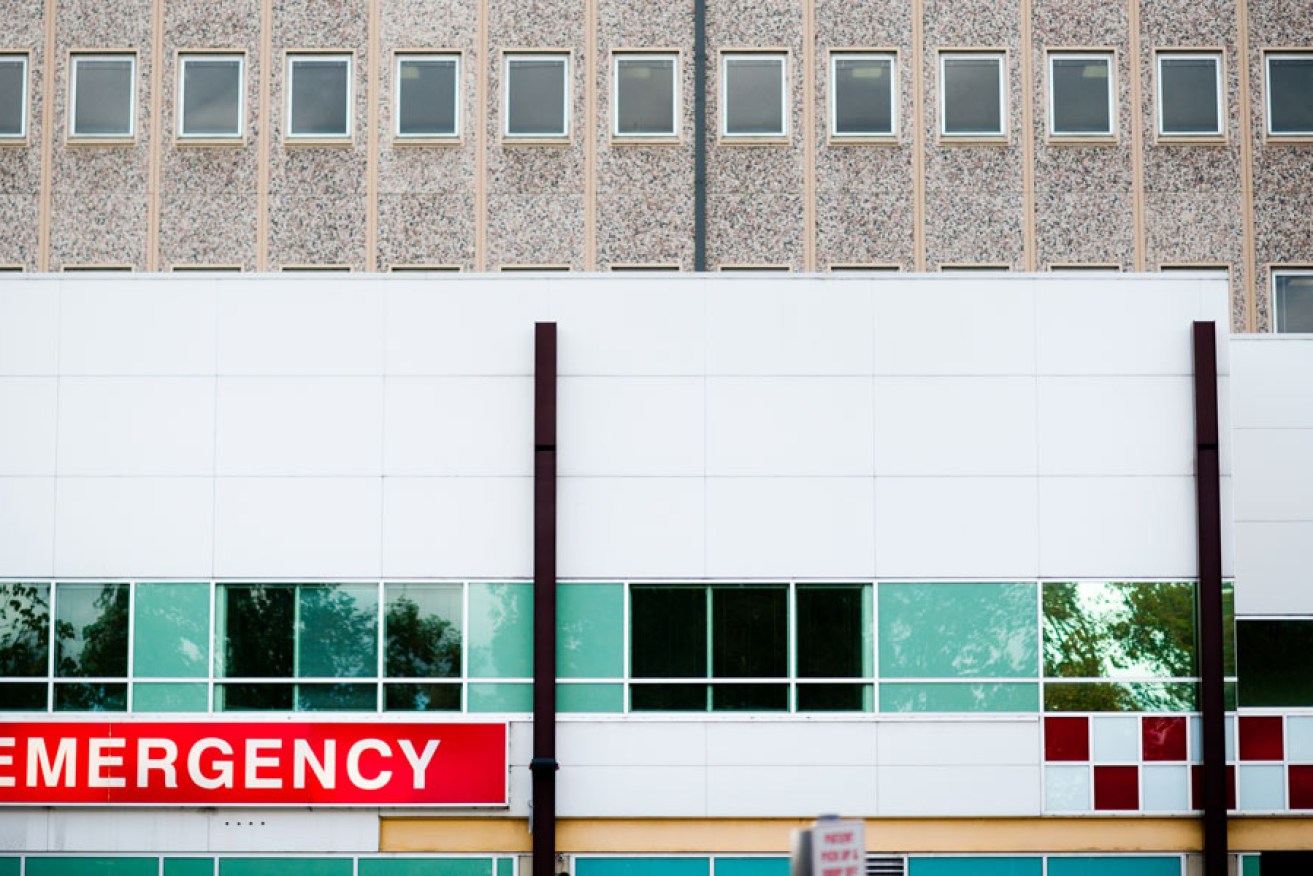When people with severe mental illness go to an Emergency Department with a physical health emergency they often find they get unequal treatment once it is discovered they are a “psychiatric case”.
While it is common to think that people with a mental illness go to Emergency Departments because they are having an acute episode of their particular mental illness, often this isn’t the case.
If someone with schizophrenia goes into an Emergency Department with a physical health crisis, they must have an equal opportunity for the best health care. However, in all sorts of subtle and not so subtle ways that frequently doesn’t happen.
Consumers with mental illness and their families tell of being taken to one side as soon evidence of the mental illness comes to light, often to wait for psychiatric staff to be called in.
When people do go to Emergency Departments due to a crisis brought on because of their mental illness, it is either of their own volition or because police, ambulance officers or parents cannot find anywhere else to take them.
These crises might include people being ejected from their accommodation, getting into a fight with police, talking loudly to themselves in a public place or ‘scaring’ upright citizens. When these situations occur what they really need is for someone with a clear idea of what they are going through to take them to a quiet place to calm down, to look at the options available and help them with the next step in their care. Most of all, what they really need is someone with time.
In an under-resourced Emergency Department working to capacity this is a difficult ask.
Instead, what we often see is an escalating confrontation which ties up Emergency Department staff and security guards.
So what is our alternative?
It is a much better world without large psychiatric hospitals that used to be the end-point in these scenarios. Community care is a better option in every way if it is properly set up and resourced. What shows up in these Emergency Department situations is that we still have a way to go to make sure that people in distress because of mental illness can access urgent help at all times – 24 hours a day, seven days a week.
We are still working through the right affordable alternatives to institutional care. After hours crisis teams seem to be too expensive to be readily available when you need them and after hours GP clinics are rarely prepared to be involved.
My hope for the future is that peer workers can fill this need.
Peer workers are carers and people who have lived through a mental illness themselves, who have the right training, and are a potentially plentiful and less costly resource than the alternatives.
They are mainly employed by NGOs, which means they don’t have the shackles of public servant processes and are able to do whatever it takes to create a more workable alternative for mentally ill people than being in an Emergency Department.
They have the time and understanding to help someone in a crisis talk through their issues, then work on a solution and advocate for them in their dealings with medical staff.
This is a tough issue—many Emergency Department and other hospital staff are uncomfortable with people suffering from severe mental illness, and this can’t be put right overnight. But Emergency Departments must become ‘psych-friendly’ places, just as they have tackled other unnecessary barriers to equal treatment such as age, race , ethnicity and gender.
Some people will always need to be admitted to hospital care.
But for the rest, the right first step is getting out of the Emergency Departments — the one thing hospital staff can’t make happen.
David Meldrum is executive director of the Mental Illness Fellowship of Australia.





